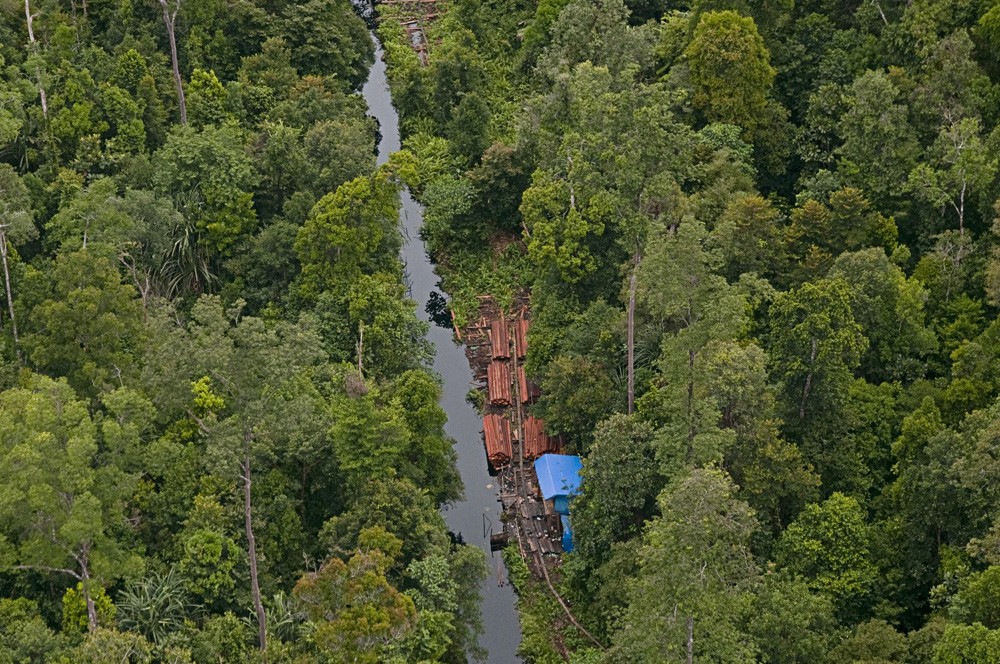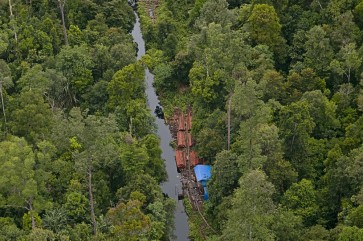Popular Reads
Top Results
Can't find what you're looking for?
View all search resultsPopular Reads
Top Results
Can't find what you're looking for?
View all search results'Picking up sinking wood': Indigenous villages and reality
Many local communities in Indonesia have struggled, and sometimes failed, to preserve their traditional values, thus trying to revive a long-lost culture with a top-bottom approach would be a tough challenge.
Change text size
Gift Premium Articles
to Anyone
L
ong before industrial development came to Indonesia, local people held fast to customary values. However, this way of life has been reduced due to economic and development pressure.
Various national and local initiatives have attempted to accommodate the rights of indigenous people. In 2013 the Constitutional Court ruled that the rights of indigenous people should be recognized by the state. The national social forestry initiative seeks to recognize the rights of indigenous people through the Customary Forests scheme. Through the 2014 Village Law, the government intends to revive customary governance based on adat rights. This law was responded well by several local governments, including the Siak regency in Riau.
In 2015, the Siak administration issued a bylaw on the establishment of eight indigenous villages in the regency. These customary rights’ recognitions intend to enhance the role of customary governance and preserve almost lost customs. However, it has several fundamental flaws. Local communities in Siak cite “picking up sinking wood” to describe extraordinary efforts needed to restore something that has long faded.
This bylaw faces at least, three challenges. First, there is a lack of recognition for indigenous territories. Changes in the governance system from the level of hamlet to villages, and industrial development such as fuel oil and palm oil had slowly diminished indigenous territories as well as traditional structures that govern the lives of indigenous people.
Second, a more plural society brought by rapid infrastructure development and economic progress also played a role in changing social composition. The greater social diversity challenges the Siak bylaw and similar ones on indigenous villages as it aims to implement a native customary system. Most people have little to no memory about native customary regulations since migrations of outsiders now make up significant portions of society.
Third, documentation on the native customary rules is lacking. When customs were still the main reference in social life amid a was relatively homogeneous, community, all aspects of life were regulated by customary rules.
This set of customary rules is normally handed down through generations in verbal instead of written form. Customary leaders and elders were the main reference when people sought guidance to resolve problems. Hence, when customary leaders and elders had passed away and customs slowly faded, the younger generation has found it difficult to seek references from figures who are knowledgeable about the customary cultural system.


















